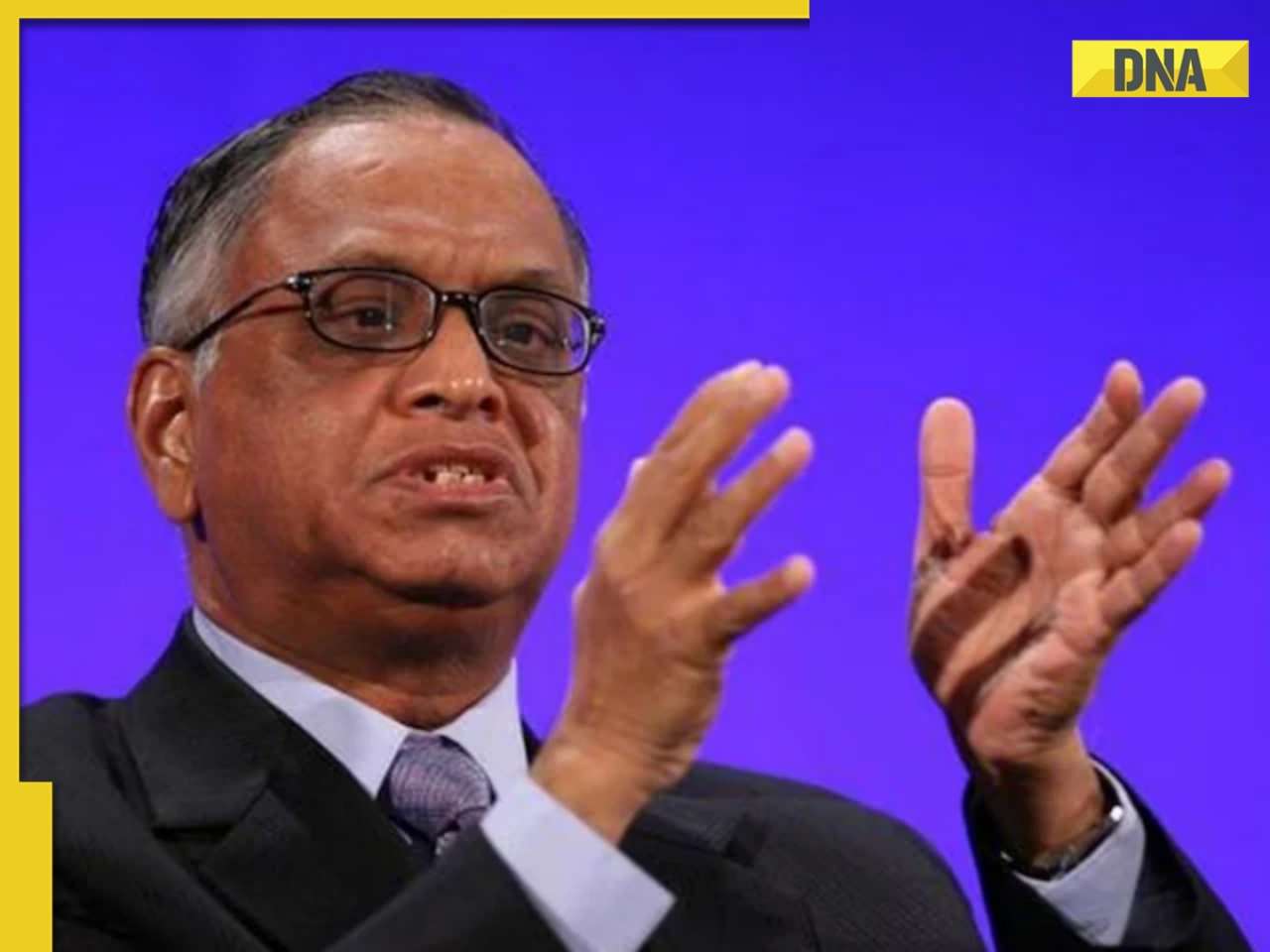It is advisable that you have your own mediclaim policy for yourself and the family. only mediclaim covers your expenditure arising from hospitalisation due to any illness or injury.
Sample these two queries that we received on the Apnapaisa website:
“Since I currently do not have any health insurance, I am planning to opt for a unit-linked health plan (ULHP) of a life insurance company since that policy will also give returns on my premium besides providing health insurance benefit. Should I go ahead with the decision?” — Amar
“My employer provides health insurance benefit for my family. Hence, I have no need to buy mediclaim policies and I am losing the deduction claimable under Section 80D. A friend who is also a life insurance agent approached me recently to invest in a unit-linked health insurance plan of his insurance company which will provide me benefits over and above what is provided by my employer, plus give me returns on my premium and the premium is also deductible under Section 80D. Should I go ahead?” — Vikram
ULHPs are among the most sought queried, so I thought it will benefit all readers to have them answered. Here are the responses:
Dear Mr Amar
The old adage of not mixing your insurance and investment needs apply as much to health insurance as it applies to life insurance.
Nothing can take the place of a hospitalisation expenses reimbursement policy (called mediclaim in popular parlance). It covers you for hospitalisation expenses arising from any illness/ disease or injury (except for some specified exclusions) whatever they might be. The other kind of health benefits are basically a daily hospital cash benefit, major surgery benefit and critical illness benefit. For basic difference in these benefits, see table.
As you can see, only mediclaim covers your expenditure arising from hospitalisation due to any illness or injury. The daily hospitalisation cash benefit also provides cash for all hospitalisation, but the amount is small (typically Rs 1,000-5,000 per day) to basically take care of expenditure incidental to hospitalisation that is not covered by a mediclaim policy. The other two only provide specific coverage, so it is absolutely essential to make sure that you have adequate mediclaim coverage.
The ULHPs mentioned by you are currently offered by Bajaj Allianz, ICICI Prudential Life, LIC, Tata AIG Life and Reliance Life. Except for ICICI Pru, none of the ULHPs offer hospitalisation expense reimbursement. Even in ICICI Pru, the risk premium deducted for providing the mediclaim facility is significantly higher than what is offered by their own associate company.
All ULHPs offer one or more combination of the other three benefits (for which risk premium is deducted from fund value).
Also, charges such as premium allocation charge and policy administration charge are deducted from the fund value. The net result is that you would be better off buying the risk policies from perhaps the same insurers and investing the balance in a mutual fund or PPF to get much better returns.
Dear Mr Vikram
You should first cover yourself fully for all risks. Employer policies are currently changing frequently with the premiums going up every year as a result of which, it is possible that the
policy may continue in the future
only with reduced benefits and may even be discontinued.
Also, the amount of coverage may be insufficient for your needs. Also, you will not have coverage when you retire, at which time getting a fresh policy may prove difficult just when you need it the most. Also, you will lose coverage if you switch jobs and your new employer does not have similar coverage.
Hence, it is advisable that you have your own mediclaim policy for yourself and the family. If the full deduction limit for tax is not reached even after being adequately covered, then you can consider buying a risk policy as provided in the first answer, and only if you still want to make still more investments should you consider a ULHP.
To conclude
You can buy this plan if you have sufficient limit left in your Section 80D deduction. The deduction is limited to Rs 15,000 (Rs 20,000 if you are 65 or more at any time during the year).
Buying adequate risk policies is a must. If you have any limit left over after paying for the risk policy premium, then you can certainly invest your money in to a ULHP to get tax benefit.
The writer is CEO, Apna Paisa, a search comparison engine for loans, insurance and investments. He can be reached at hrdna@apnapaisa.com
![submenu-img]() Meet actress who is set to work in India's most expensive film, started career with superhit TV show, then gave..
Meet actress who is set to work in India's most expensive film, started career with superhit TV show, then gave..![submenu-img]() Hansal Mehta reacts to Sahara Group calling his series Scam 2010 The Subrata Roy Saga 'abusive act, cheap publicity'
Hansal Mehta reacts to Sahara Group calling his series Scam 2010 The Subrata Roy Saga 'abusive act, cheap publicity'![submenu-img]() Meet actor, who was once Aamir, Shah Rukh's rival, never became superstar, worked as hotel manager, is now...
Meet actor, who was once Aamir, Shah Rukh's rival, never became superstar, worked as hotel manager, is now...![submenu-img]() 9 killed, 24 injured as bus catches fire in Haryana's Nuh
9 killed, 24 injured as bus catches fire in Haryana's Nuh![submenu-img]() Meet actress who started career with Ranveer, Deepika, is married to man with Rs 53,800 crore net worth, husband is..
Meet actress who started career with Ranveer, Deepika, is married to man with Rs 53,800 crore net worth, husband is..![submenu-img]() Meet IIT graduates, three friends who were featured in Forbes 30 Under 30 Asia list, built AI startup, now…
Meet IIT graduates, three friends who were featured in Forbes 30 Under 30 Asia list, built AI startup, now…![submenu-img]() Meet woman who cracked UPSC in fourth attempt to become IAS officer, secured AIR...
Meet woman who cracked UPSC in fourth attempt to become IAS officer, secured AIR...![submenu-img]() Meet IIT JEE 2024 all-India girls topper who scored 100 percentile; her rank is…
Meet IIT JEE 2024 all-India girls topper who scored 100 percentile; her rank is…![submenu-img]() Meet PhD wife of IIT graduate hired at Rs 100 crore salary package, was fired within a year, he is now…
Meet PhD wife of IIT graduate hired at Rs 100 crore salary package, was fired within a year, he is now…![submenu-img]() Meet woman not from IIT, IIM or NIT, cracked UPSC exam in first attempt with AIR...
Meet woman not from IIT, IIM or NIT, cracked UPSC exam in first attempt with AIR...![submenu-img]() DNA Verified: Is CAA an anti-Muslim law? Centre terms news report as 'misleading'
DNA Verified: Is CAA an anti-Muslim law? Centre terms news report as 'misleading'![submenu-img]() DNA Verified: Lok Sabha Elections 2024 to be held on April 19? Know truth behind viral message
DNA Verified: Lok Sabha Elections 2024 to be held on April 19? Know truth behind viral message![submenu-img]() DNA Verified: Modi govt giving students free laptops under 'One Student One Laptop' scheme? Know truth here
DNA Verified: Modi govt giving students free laptops under 'One Student One Laptop' scheme? Know truth here![submenu-img]() DNA Verified: Shah Rukh Khan denies reports of his role in release of India's naval officers from Qatar
DNA Verified: Shah Rukh Khan denies reports of his role in release of India's naval officers from Qatar![submenu-img]() DNA Verified: Is govt providing Rs 1.6 lakh benefit to girls under PM Ladli Laxmi Yojana? Know truth
DNA Verified: Is govt providing Rs 1.6 lakh benefit to girls under PM Ladli Laxmi Yojana? Know truth![submenu-img]() Sunanda Sharma exudes royalty as she debuts at Cannes Film Festival in anarkali, calls it ‘Punjabi community's victory’
Sunanda Sharma exudes royalty as she debuts at Cannes Film Festival in anarkali, calls it ‘Punjabi community's victory’![submenu-img]() Aishwarya Rai walks Cannes red carpet in bizarre gown made of confetti, fans say 'is this the Met Gala'
Aishwarya Rai walks Cannes red carpet in bizarre gown made of confetti, fans say 'is this the Met Gala'![submenu-img]() In pics: Sobhita Dhulipala looks 'stunning hot' in plum cordelia jumpsuit at Cannes Film Festival, fans call her 'queen'
In pics: Sobhita Dhulipala looks 'stunning hot' in plum cordelia jumpsuit at Cannes Film Festival, fans call her 'queen'![submenu-img]() Udaariyaan takes 15-year leap, these actors join Sargun Mehta, Ravi Dubey-produced show
Udaariyaan takes 15-year leap, these actors join Sargun Mehta, Ravi Dubey-produced show![submenu-img]() In pics: Urvashi Rautela sizzles in red strapless gown at Cannes Film Festival, fans call her 'Disney princess'
In pics: Urvashi Rautela sizzles in red strapless gown at Cannes Film Festival, fans call her 'Disney princess'![submenu-img]() Haryana Political Crisis: Will 3 independent MLAs support withdrawal impact the present Nayab Saini led-BJP government?
Haryana Political Crisis: Will 3 independent MLAs support withdrawal impact the present Nayab Saini led-BJP government?![submenu-img]() DNA Explainer: Why Harvey Weinstein's rape conviction was overturned, will beleaguered Hollywood mogul get out of jail?
DNA Explainer: Why Harvey Weinstein's rape conviction was overturned, will beleaguered Hollywood mogul get out of jail?![submenu-img]() What is inheritance tax?
What is inheritance tax?![submenu-img]() DNA Explainer: What is cloud seeding which is blamed for wreaking havoc in Dubai?
DNA Explainer: What is cloud seeding which is blamed for wreaking havoc in Dubai?![submenu-img]() DNA Explainer: What is Israel's Arrow-3 defence system used to intercept Iran's missile attack?
DNA Explainer: What is Israel's Arrow-3 defence system used to intercept Iran's missile attack?![submenu-img]() Meet actress who is set to work in India's most expensive film, started career with superhit TV show, then gave..
Meet actress who is set to work in India's most expensive film, started career with superhit TV show, then gave..![submenu-img]() Hansal Mehta reacts to Sahara Group calling his series Scam 2010 The Subrata Roy Saga 'abusive act, cheap publicity'
Hansal Mehta reacts to Sahara Group calling his series Scam 2010 The Subrata Roy Saga 'abusive act, cheap publicity'![submenu-img]() Meet actor, who was once Aamir, Shah Rukh's rival, never became superstar, worked as hotel manager, is now...
Meet actor, who was once Aamir, Shah Rukh's rival, never became superstar, worked as hotel manager, is now...![submenu-img]() Meet actress who started career with Ranveer, Deepika, is married to man with Rs 53,800 crore net worth, husband is..
Meet actress who started career with Ranveer, Deepika, is married to man with Rs 53,800 crore net worth, husband is..![submenu-img]() This film's budget was less than an iPhone, smashed box office records; became first industry hit, earned...
This film's budget was less than an iPhone, smashed box office records; became first industry hit, earned... ![submenu-img]() Do you know which God Parsis worship? Find out here
Do you know which God Parsis worship? Find out here![submenu-img]() This white marble structure in Agra, competing with Taj Mahal, took 104 years to complete
This white marble structure in Agra, competing with Taj Mahal, took 104 years to complete![submenu-img]() 'If only we are smart enough...': Narayana Murthy was asked how AI will hurt job prospects
'If only we are smart enough...': Narayana Murthy was asked how AI will hurt job prospects![submenu-img]() Viral video: Gujarat man converts Honda Civic into 'Lamborghini' for just Rs 12.5 lakh, watch
Viral video: Gujarat man converts Honda Civic into 'Lamborghini' for just Rs 12.5 lakh, watch![submenu-img]() Man who disappeared 26 years ago found in neighbour`s cellar, just 100 metres from home
Man who disappeared 26 years ago found in neighbour`s cellar, just 100 metres from home





















































)
)
)
)
)
)